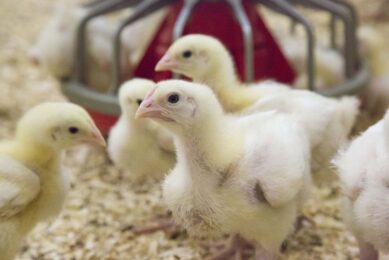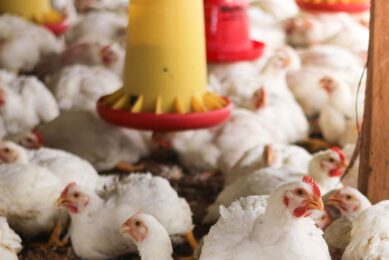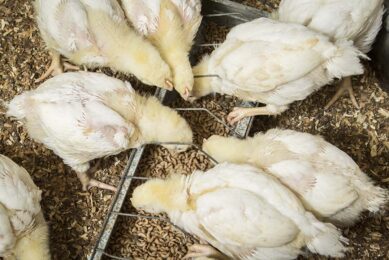Use of citric acid in broiler diets
Organic acids and their salts have been approved by European legislation as an alternate source of antibiotic growth promoter in diets, because antibiotics are associated with problems due to potential residual effects via food animals developing resistant strains of pathogens.
Citric acid (CA) is a weak organic acid which is a natural preservative and can add an acidic or sour taste to foods and soft drinks. It exists in small amounts in a variety of fruits and vegetables, most notably citrus.
Penicillium mould and Aspergillus niger could be efficient CA producers on a commercial basis. Its inclusion in animal diets has been reported to decrease colonisation of pathogens and limit then production of toxic metabolites, improve availability of protein, Ca, P, Mg and Zn as well as serve as a substrate in intermediary metabolism. Its addition in drinking water is not promising for performance, but lower doses would be useful for sanitary aspects and gut health.
Its inclusion at 0.5% in the diet improves performance and non-specific immunity of broilers. It also enhanced specific immunity against new castle disease in vaccinated broilers. Current data supports a recommendation in the broiler diet up to 0.75% in pelleted feed and 0.5% in mash diets, with a safety margin of 6.0%. Additional research is needed to determine the feasibility of its use in low nutrient density broiler diets.
Purchase report options:
- Purchase this report from Cambridge Journals
- Subscribe to WPSA journal (already a WPSA member)
- Become a WPSA member (word file) (pdf file)
Join 31,000+ subscribers
Subscribe to our newsletter to stay updated about all the need-to-know content in the poultry sector, three times a week. Beheer
Beheer








 WP Admin
WP Admin  Bewerk bericht
Bewerk bericht